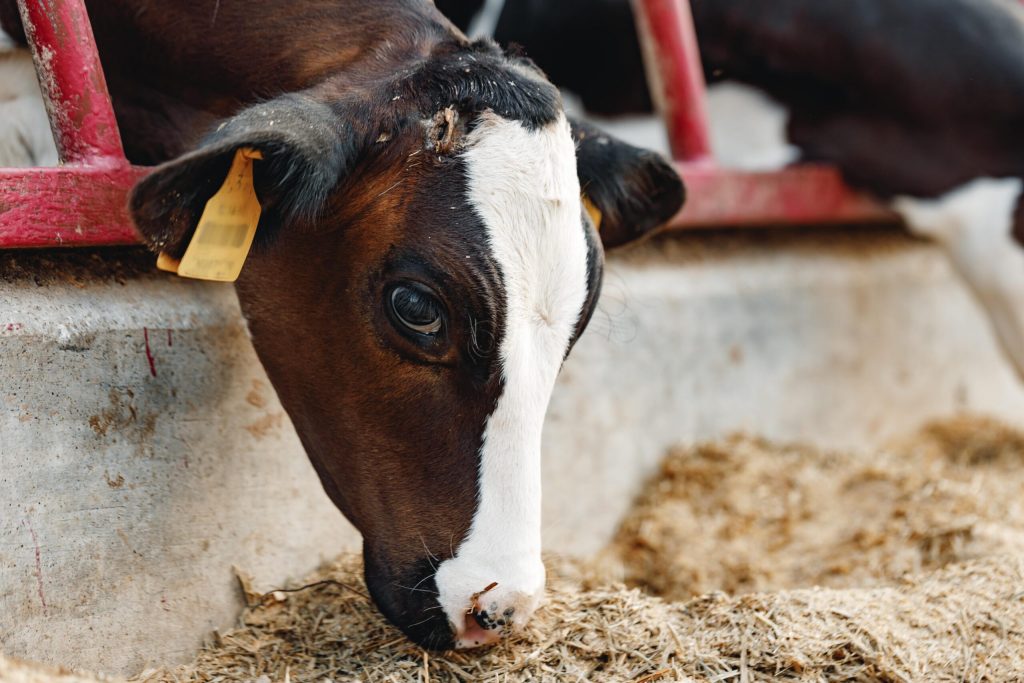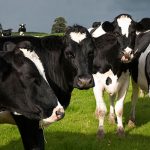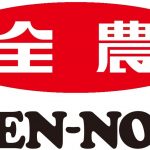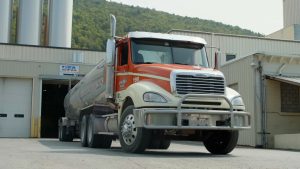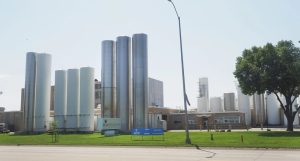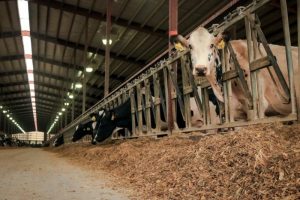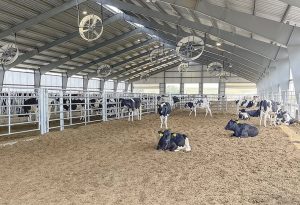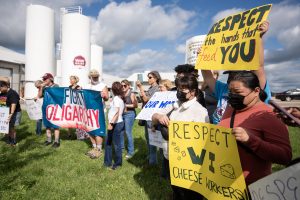
The project – Dairy Scale for Good – is being undertaken by the Innovation Center for US Dairy under its Net Zero Initiative (NZI). The scheme has already received a $10m investment from Nestlé for its progression over the next five years, a period over which a total of five farms will be piloted. Trinkler Dairy Farm will receive an initial amount of $1.5m from the overall funding, which will reportedly be used to install emission-reducing technologies. It is hoped that with the right processes in place, the farm could see an emissions reduction of 30% by 2013.
Technologies that specifically target methane production are among those being tested, with digesters trapping the gas emitted from manure and funneling it into a renewable gas pipeline. Feed additives and supplements that reduce cow’s methane emissions are also under consideration, with these inhibiting methanogens in the cows’ stomach and so reducing the gas produced.
According to the US Environmental Protection Agency, the agricultural industry contributed 10% to the country’s overall emissions in 2019 – increasing by 12% since 1990. Adapting both the way manure is handled, as well as cows’ diets are possible avenues of targeting the high levels of methane.
The funding sits within Nestlé’s overall plan to clean up its supply chains, as dairy currently makes up 16% of its US carbon footprint.
In a press release, Nestlé USA CEO Steve Presley said:
“Our consumers expect that we will deliver products made with high quality, fresh dairy, and they expect we will do that in a sustainable way that is better for the planet. As the first farm to join Dairy Scale for Good, our Carnation supplier is charting the path toward carbon neutral dairy in the U.S.”
“This is an exciting step toward delivering on consumer demands while advancing our journey towards net zero emissions by 2050,” he added. “We are using our scale to have a positive impact within our business and supply chain, while working to propel the industry forward and create a more sustainable future.”
